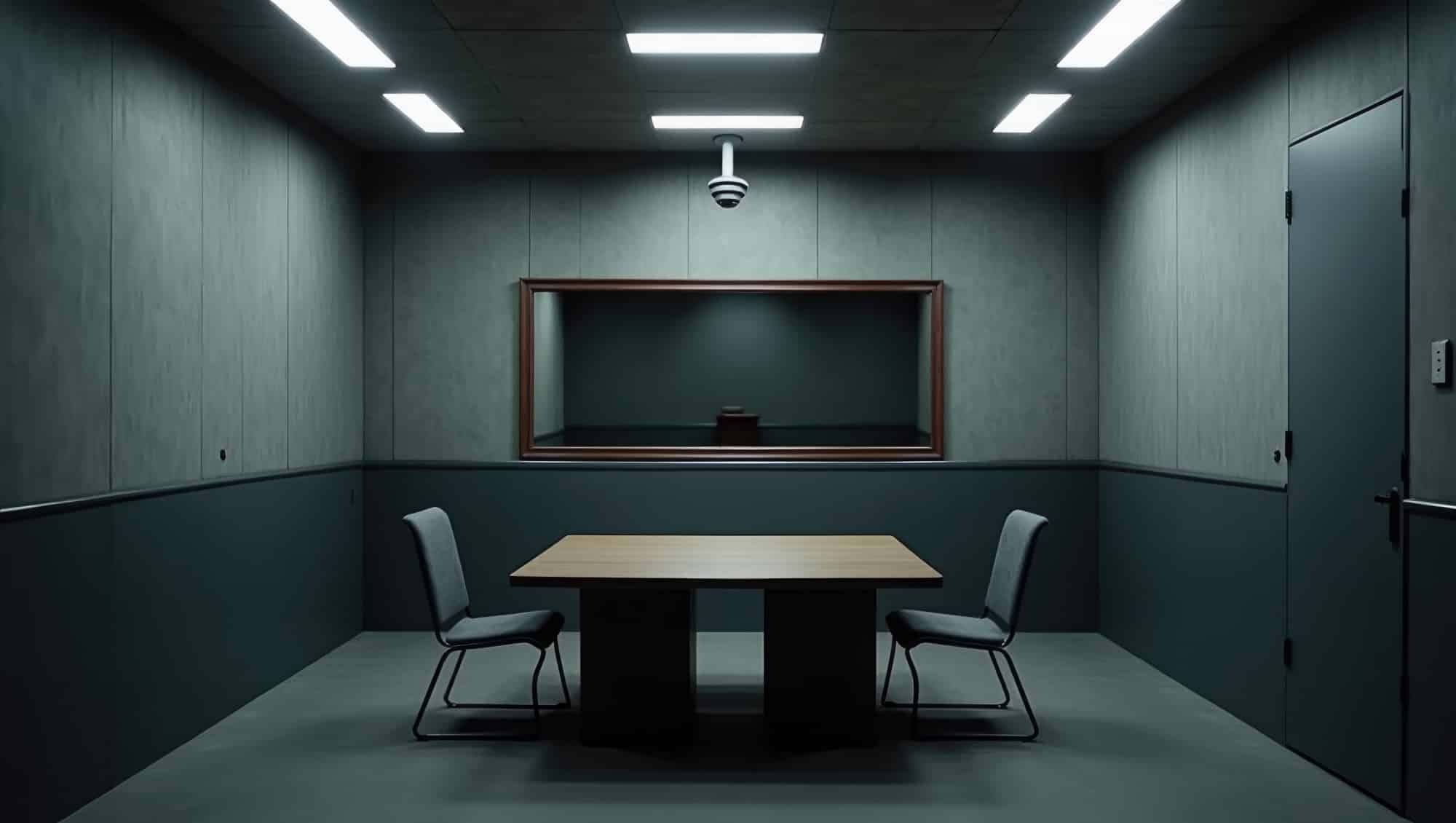When Chicago Police Violate Miranda Rights During Criminal Interrogations
When Chicago police question you without reading your Miranda rights, any statements you make could potentially be suppressed in court. These constitutional violations happen more often than you might think during criminal interrogations across Cook County.
At the Law Offices of Andrew Weisberg, our Chicago criminal defense attorneys have successfully challenged Miranda violations and protected clients from illegally obtained evidence being used against them.
Understanding Miranda Rights in Chicago Criminal Cases
Before Chicago police can interrogate you while in custody, they must inform you of specific constitutional protections. These Miranda warnings Illinois law enforcement must provide include four essential components:
- Right to remain silent and refuse to answer questions
- Warning that anything you say can be used against you in court
- Right to have an attorney present during questioning
- Right to a court-appointed attorney if you cannot afford one
Police must provide these warnings when you’re in custody and before interrogation begins. If they fail to do so, any statements you make may be suppressible in court. These protections stem from your Fifth Amendment protection against self-incrimination. Understanding your rights during police questioning is essential to protecting yourself.
When Miranda Rights Do Not Apply (Exceptions)
Miranda warnings only apply during custodial interrogation, when you’re under arrest and being questioned. Here are common exceptions:
Traffic stops: Short, temporary detentions like traffic stops (under Terry v. Ohio) usually don’t trigger Miranda unless you are formally arrested or your movement is severely restricted.
Voluntary statements: Anything you say freely and without police questioning can be used in court, even without warnings.
Undercover officers: If an undercover officer questions you (Illinois v. Perkins), Miranda doesn’t apply because you don’t know it’s law enforcement.
Booking questions: Routine administrative questions (like your name, date of birth, or address) don’t require Miranda warnings.
Public safety: In emergencies (New York v. Quarles), police can ask questions without warnings if there’s an immediate threat, such as locating a weapon.

Common Miranda Violations Chicago Police Make During Interrogations
Chicago police sometimes violate Miranda requirements in ways that compromise your constitutional protections. Recognizing these common Miranda violation scenarios can help you understand when your rights have been compromised:
- Failing to read Miranda warnings before custodial interrogation begins
- Continuing to question you after you invoke your right to remain silent
- Denying your request for an attorney during questioning
- Using coercive tactics to obtain a Miranda waiver
- Questioning you when custody is unclear, but movement is actually restricted
Each of these violations can provide grounds for suppressing your statements. When Chicago police fail to honor your Miranda protections, the prosecution may lose access to incriminating evidence that could have been used to convict you.
How Chicago Miranda Rights Defense Attorneys Suppress Illegal Statements
When we identify Miranda violations in your case, we file a motion to suppress the statements you made during the illegal interrogation. Illinois courts conduct suppression hearings to determine if statements were obtained illegally. During these hearings, we present evidence showing that police violated your rights, arguing that your statements and any evidence derived from them should be excluded under the “fruits of the poisonous tree” doctrine.
Working with an experienced Chicago criminal defense lawyer can make the difference between conviction and dismissal. We thoroughly review police reports, interrogation recordings, and arrest circumstances to identify every Miranda violation. If Chicago police violated your rights, you need experienced criminal defense representation to protect your interests. Successfully suppressing statements often forces prosecutors to reduce charges or dismiss cases entirely when their primary evidence becomes inadmissible.
What to Do If Chicago Police Don’t Read Your Miranda Rights
If Chicago police questioned you without providing proper Miranda warnings, you need to act strategically to protect your case. Taking these steps can strengthen your Miranda rights defense strategy:
- Invoke your right to remain silent immediately and request an attorney
- Document everything you remember about the interrogation, including timing and what officers said
- Do not discuss your statements with anyone except your attorney
- Contact a Chicago criminal defense lawyer as soon as possible
- Avoid making any additional statements to police or prosecutors
The sooner you involve legal representation, the better your chances of successfully suppressing illegally obtained statements. Our Chicago criminal defense attorney team knows how to identify Miranda rights defense strategies and build compelling suppression arguments that protect your constitutional rights throughout the criminal justice process.

Contact a Chicago, IL Criminal Defense Lawyer Today
Don’t let Miranda violations compromise your defense. At the Law Offices of Andrew Weisberg, our Chicago criminal defense lawyers have the experience to challenge illegally obtained statements and protect your Fifth Amendment rights. Contact us today at (773) 908-9811 or contact us online for a confidential consultation about your case.







 Blog Home
Blog Home 










